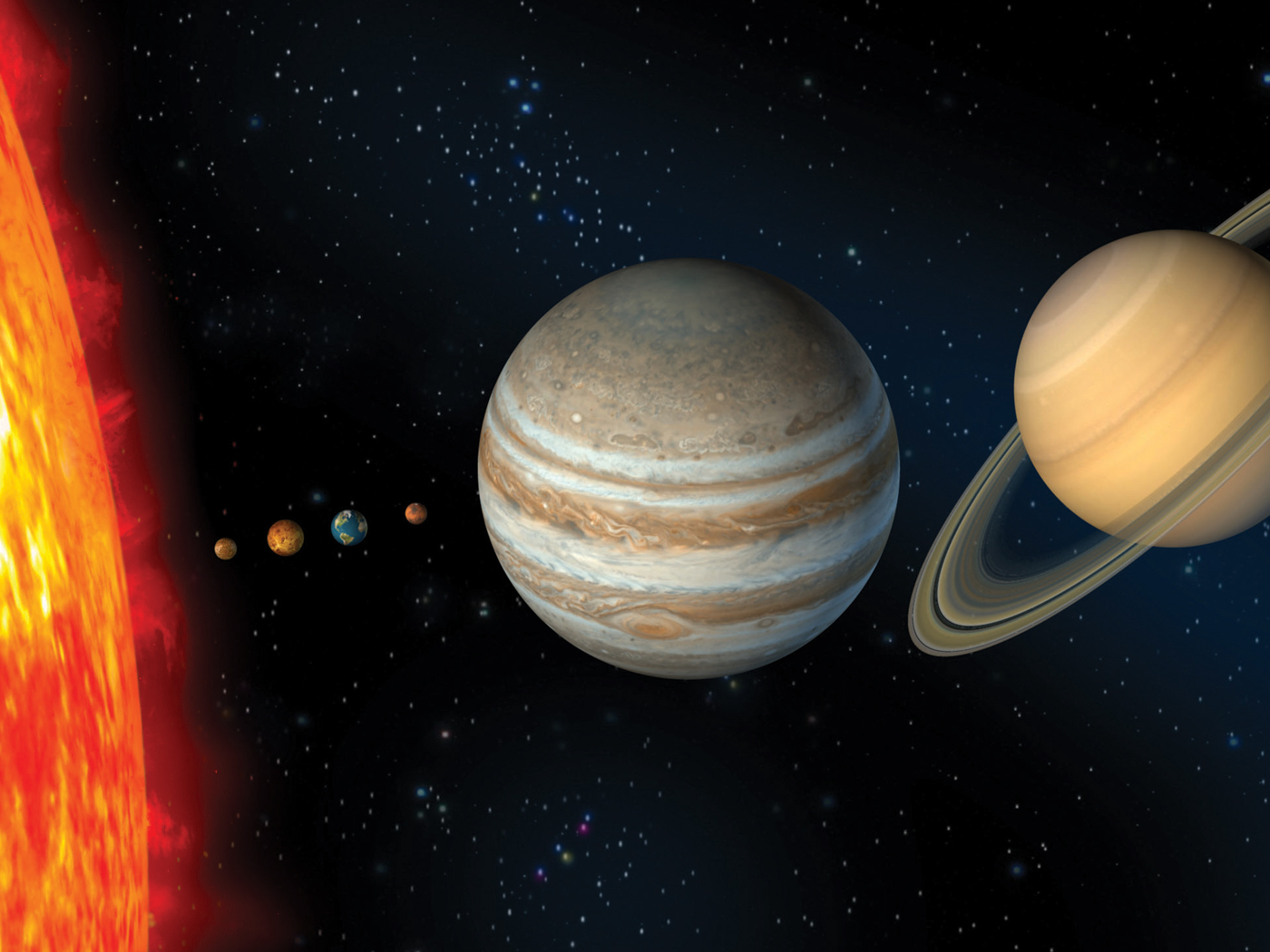Search Tools
New Defender's Study Bible Notes
14:4 king of Babylon. Isaiah 14:4-23—in fact, all of chapters 13 and 14—predict the ultimate fall of Babylon at a time even before the kingdom of Babylon became dominant. In Isaiah’s time, the Assyrian empire was the leading nation.
14:7 at rest. There has never been a year since Isaiah’s time that the whole earth was at rest. This prophecy can never be fulfilled until at the return of Christ when Babylon and all it stands for are destroyed.
14:9 Hell. Hebrew sheol, means the place of departed spirits. The picture here is a graphic description of the slain king of Babylon being welcomed into hell by the already-dead kings of earlier nations.
14:12 fallen from heaven. Although the prophecy is directed toward the earthly king of Babylon (Isaiah 14:4), here it goes far beyond him (he could never fall from heaven!) to the wicked spirit possessing his body and inspiring his actions. Just as Satan possessed and used the serpent’s body in Eden, so he does here with Babylon’s king.
14:12 O Lucifer. “Lucifer” means “shining one” and is rendered “day-star” in some translations. This is the only time it occurs in the Bible, but clearly seems intended as a name of Satan, and has been so used throughout history. Many New Age and other pantheistic cults have adopted Lucifer as their “god.”
14:13 above the stars. The “stars” here are evidently angels (compare Job 38:7). Although Lucifer had a throne as God’s “anointed cherub” (see on Ezekiel 28:14), he aspired to reign over all God’s holy angels, all of whom have been created to serve God and to become ministers to those who would be “heirs of salvation” (Hebrews 1:14).
14:14 like the most high. Lucifer desired not only to rule over the angels but to be like God Himself, no doubt ultimately aspiring to displace God. This absurd ambition on the part of a created being—thinking himself capable of defeating His own Creator—can only be rationally understood if Satan did not really believe God had created him. That is, since his earliest awareness would be in the watery cosmos of the primeval deep (Genesis 1:2), and his only knowledge that he had been created was God’s word for it, he could have chosen to doubt God’s word and to believe instead that both he and God had somehow “evolved” out of the primeval waters. This, in fact, is exactly what is implied in the cosmogonies of the Sumerians, Egyptians, and other ancient nations. Thus, Satan (or Lucifer) was the first “evolutionist,” and the root of all subsequent sin is in doubting God’s revealed word concerning His creation.
14:15 hell. Because of his rebellion, Satan was expelled from his exalted position in the angelic host (Isaiah 14:12; also Luke 10:18; Ezekiel 28:17) and will eventually be cast into the bottomless pit of Hades and finally into the eternal lake of fire (Revelation 20:2-3,10). However, he evidently persuaded a third of the angels to follow him (Revelation 12:3-9). They must also have chosen to believe either in their own evolution, or else that Lucifer had made them. Ever since they have served as his demonic hierarchy, ever seeking to deceive men and lead them away from God.
14:16 Is this the man. Here Isaiah’s vision, which had focussed upon Satan in Isaiah 14:12-15, returns to the human king of Babylon (who had been possessed by Satan) and his reception by the other dead kings as they greet him in hell (that is, sheol, the great pit at the center of the earth).
14:25 Assyrian. See Isaiah 10:5; Micah 5:5-6. The Assyrians were even more imminent a danger than the Babylonians. This prophecy also has a near and distant fulfillment, with “the Assyrian” being a title of the future Antichrist.
14:25 tread him under foot. This may well be a reference to the primeval promise of Genesis 3:15, with the Antichrist possessed by Satan, like the king of Babylon.
14:26 all the nations. The prophecy in its ultimate fulfillment applies not just to Israel, but to “all the nations,” when Christ returns.







